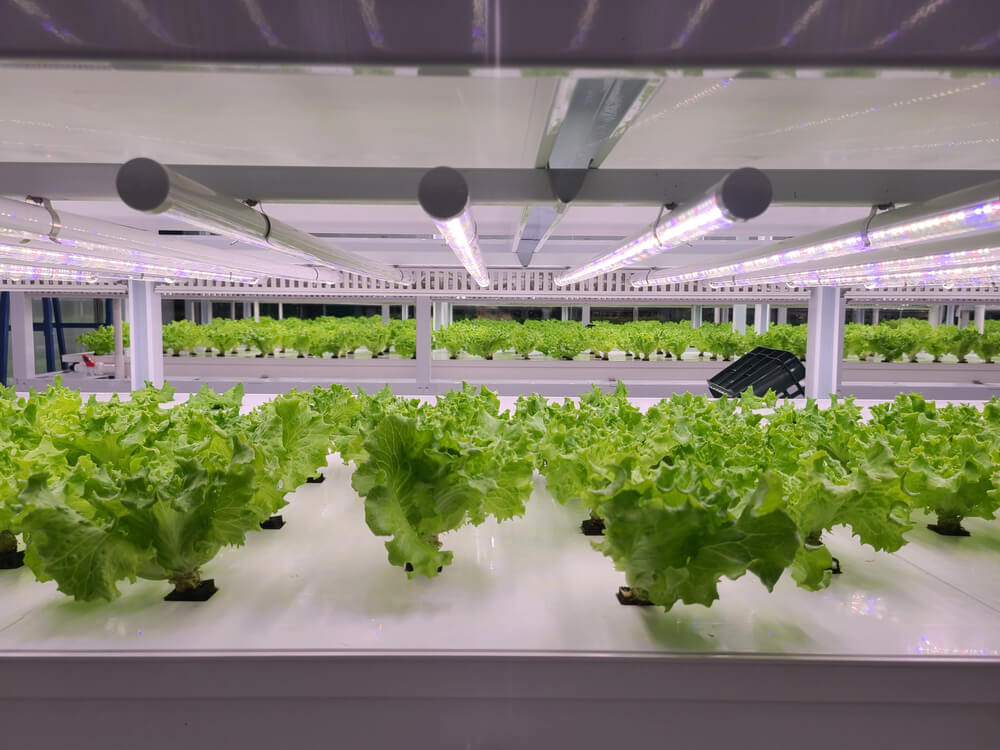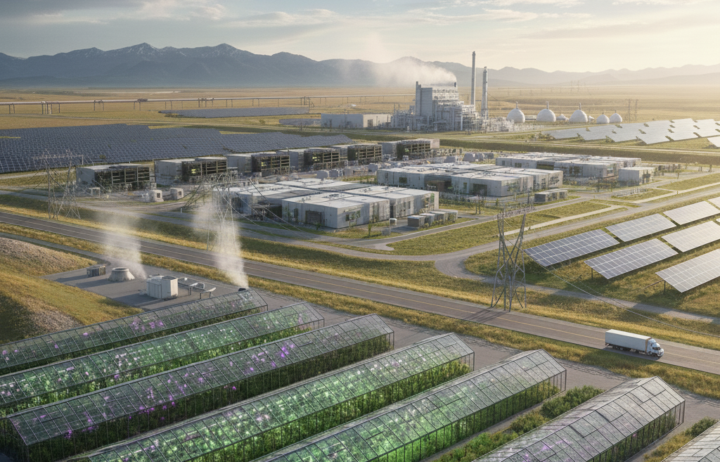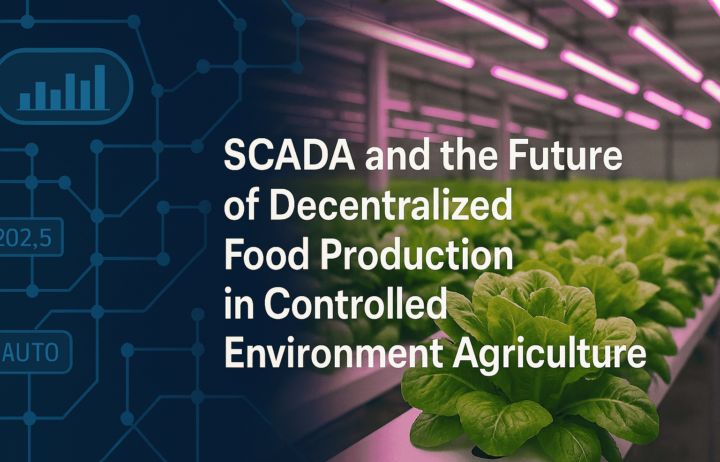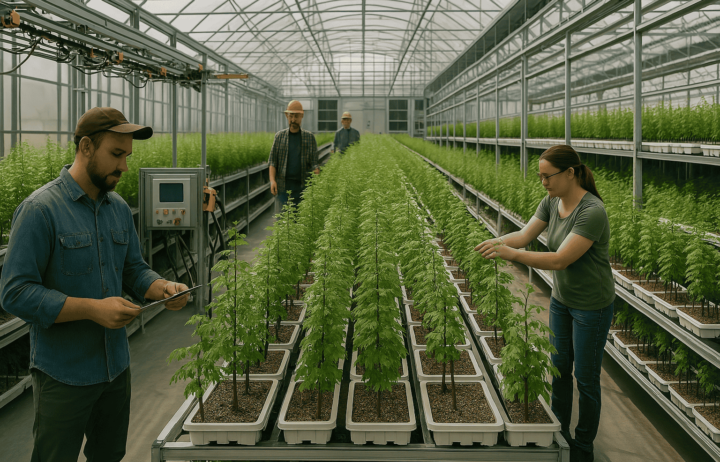
The Economics of Commercial Vertical Farming: Cost-Effective Solutions for Fresh Produce
Vertical farming sounds like a great idea for those who want to grow and sell fresh herbs and vegetables, but how much does it cost? Whether you’re considering a commercial vertical farm or want to try your hand as a hobbyist, there are costs to starting up a vertical farm.
By growing crops in controlled indoor environments, vertical farming minimizes land use and maximizes yields, making it an attractive option for both businesses and consumers. However, understanding the costs of vertical farming can help you evaluate whether it’s a viable option.
Startup Costs
The initial investment required to start a vertical farm can be substantial, as it involves several key components: the facility, equipment, and installation. The cost of securing a facility varies depending on the location and condition of the space. Many vertical farms are set up in repurposed urban spaces, such as warehouses, shipping containers, or even abandoned ports, which can help reduce the overall cost.
NuLeaf Farms offers customizable turnkey indoor farm packages that start at 1,000 square feet and are equipped with everything needed to begin operations, including state-of-the-art growing systems, climate control, and automated nutrient dosing. The design allows for scalability, enabling businesses to expand their operations as demand grows. While the base package from NuLeaf Farms is an investment, it provides a comprehensive solution that simplifies the startup process and ensures a smooth transition into vertical farming.
The setup cost for a commercial vertical farm is approximately $1,000 per square meter, including design, equipment, and installation. For a 1,000-square-meter facility, the total capital expenditures (CapEx) can reach around $1 million. This figure excludes the cost of the building itself and any necessary renovations, which can vary widely based on the project’s specifics.
Operational Expenses
Once the farm is up and running, energy and labour costs are the most significant operational expenses. Vertical farming relies heavily on artificial lighting, climate control, and automation, all contributing to high energy consumption. For example, the LED lights used in vertical farming systems can account for up to two-thirds of the total energy bill. Climate control systems, including air conditioning and dehumidification, are also essential to maintaining the optimal growing environment, further adding to energy costs.
NuLeaf Farms addresses these challenges by integrating energy-efficient technologies into our turnkey solutions. Automated nutrient dosing and climate control systems enhance crop productivity and reduces the need for manual labour, lowering operational costs over time. However, energy remains a significant expense, making it essential for vertical farms to explore renewable energy sources and other cost-saving measures.
Labour costs are another critical factor. The degree of automation in a vertical farm directly influences the number of employees needed. In a highly automated farm, labour costs can be significantly reduced, but this requires a higher initial investment in automation technology. Conversely, farms relying more on manual labour will face higher ongoing costs. For instance, a large vertical farm with minimal automation may require a substantial workforce, leading to labour costs that represent up to 60% of total operational expenses.
Financial Benefits for Businesses
Despite the high startup and operational costs, vertical farming offers several financial benefits that can make it a cost-effective solution in the long run. One of the primary advantages is the ability to produce high yields of fresh produce year-round, regardless of external weather conditions. This consistency in production allows businesses to meet customer demand continuously and maintain a stable revenue stream.
Vertical farming also enables businesses to grow a wide variety of crops in a small footprint, optimizing space usage and maximizing profits. For example, NuLeaf Farms’ turnkey indoor farm packages are designed to accommodate up to 6,000 plant ports in just 1,000 square feet, potentially growing over 20,000 pounds of food annually. This level of productivity can lead to a quicker return on investment and a shorter payback period.
Vertical farming spaces reduces the need for long-distance transportation, as crops can be grown close to urban centers and consumers. This lowers transportation costs and minimizes food waste while extending the shelf life of produce, further enhancing profitability.
Financial Benefits for Consumers
Consumers also stand to benefit from the economics of vertical farming. The ability to grow fresh produce locally means that consumers have access to higher-quality, pesticide-free food with a lower environmental impact. While the initial cost of produce from vertical farms may be higher due to the setup and operational expenses, the long-term benefits of fresher, more nutritious food are significant.
As vertical farming technology continues to evolve and become more efficient, the cost of production is expected to decrease, resulting in lower prices for consumers. Increased competition among vertical farming companies may also drive prices down, making fresh, locally grown produce more accessible to a broader population.
Turnkey Vertical Farming Solutions
The economics of vertical farming present a compelling case for its adoption as a sustainable and cost-effective solution for fresh produce production. While the startup and operational costs can be high, the long-term financial benefits for businesses and consumers are substantial.
Companies like NuLeaf Farms are leading the way by offering innovative turnkey solutions that simplify the transition to vertical farming and ensure a profitable venture. As the demand increases for more sustainable food production methods, vertical farming is expected to become an integral part of the global food system, providing fresh, local produce while minimizing environmental impact.
Join the movement toward sustainable and profitable food production with NuLeaf Farms. Our turnkey indoor vertical farm solutions are designed to provide businesses with the knowledge needed to cultivate fresh, nutritious produce year-round. Whether you’re a seasoned farmer or just starting your journey in agriculture, NuLeaf Farms offers the innovation and support to help you succeed.








